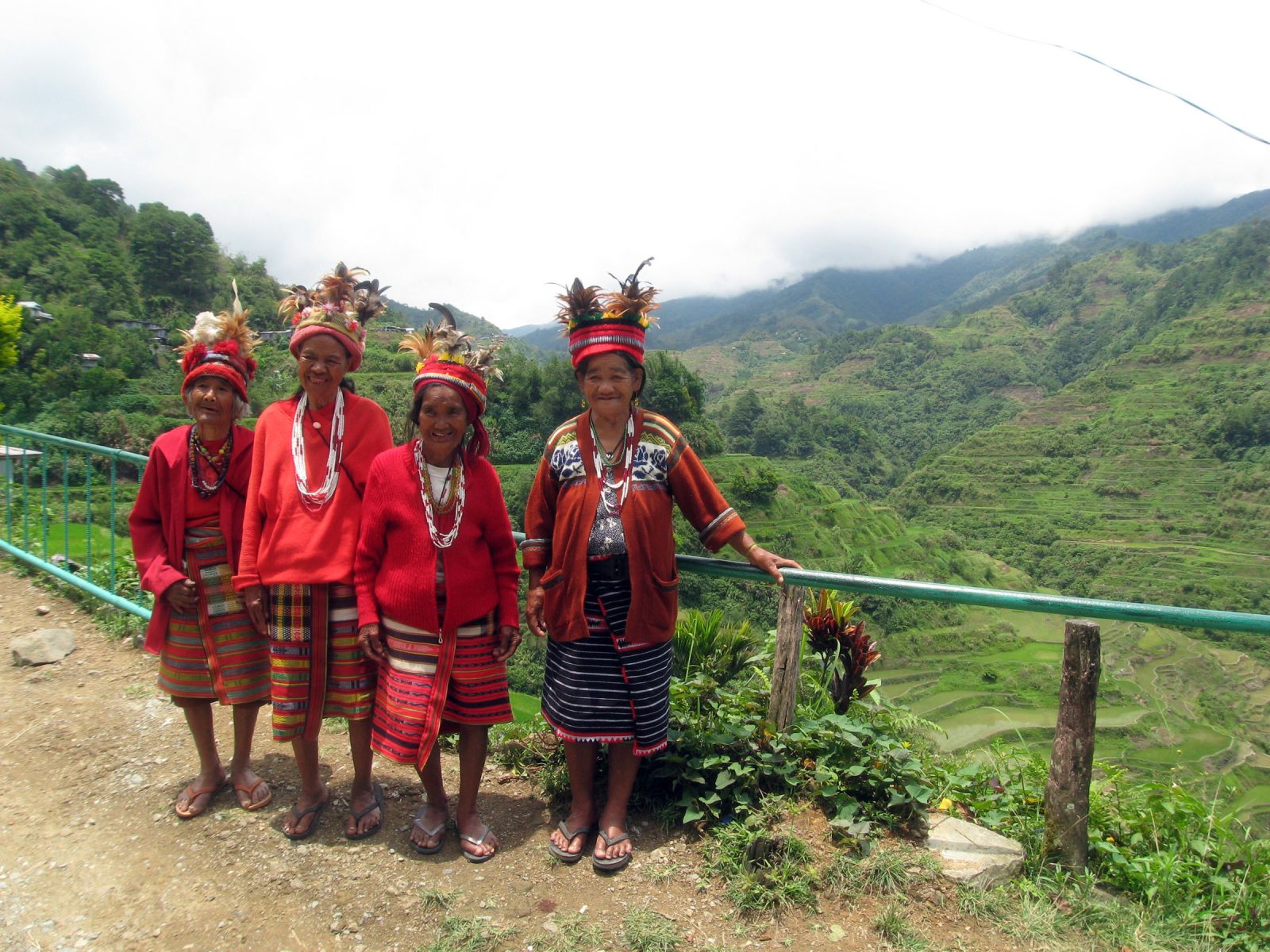
Sustainable Tourism
Sustainable Tourism – Community Business
We are a profit making company with a strong ethos towards supporting the communities where we take people on holiday, and giving all our employees and stakeholders in the countries where we have set up an Adventure Alternative office a fair and equitable deal.
You could say we are a community business because we serve our customers and make money, and we plough profits back into local communities and we invest back into our local companies. We try our hardest to embody the best principles for sustainable tourism.
The more successful the business, the better it is for the community and the holiday, and the happier the clients. In essence this makes us more sustainable, but in a long term organic way that is more to do with integrity and quality. We have a very low staff turnover rate, but a high repeat business repeat rate.
Sustainable Tourism – Developing People
It is a main concern of ours that an employee in any of our satellite offices should have the opportunity to create a long term career out of tourism and receive funding and encouragement to grow within the company. We actively promote this vision of equality in the workforce which has been hugely rewarding as well as a diverse and colourful challenge.
The different ‘AA’ companies set up by Adventure Alternative have by and large flourished and many still employ the same people who were involved at the beginning. Investing in the training and development of staff has enabled the operation to grow organically. Each company has its own organic growth journey, and our role is to adapt each support package for each organisation and culture. This challenge has given us a lot of great memories and fun over the years. It has also given its fair share of disappointments and failures.
In general the staff are proud that they are taking part in a developmental model of tourism. With a good salary and permanent employment, they can afford a good lifestyle and are keen to provide an authentic holiday for our clients. For the consumer this increases the so-called EFM, or Experience for Money!
All the senior staff from the regional companies travel abroad and often assist with holidays in other countries. They also spend occasional time in the UK office to understand the bigger picture of tourist markets. All the regional staff have direct correspondence with clients and we use quite a good cloud system for centralising documents and data.
Article by Dr Jonathon Day about the impact of small social enterprises on tourism, citing the work of Adventure Alternative and Moving Mountains.
Sustainable Tourism – Award Winning Travel Company
Adventure Alternative has won the World Responsible Travel Awards twice now, once in 2009 for ‘Best Personal Contribution’ and again in 2014 for ‘Best for Poverty Reduction’. The company also received accreditation by Sustainable Travel International for our internal processes.
We have also won the Roger Diski Community prize delivered by the Association of Independent Tour Operators twice in a row, and we are founding members of Fair Trade Volunteering and the Tourism Concern Volunteering Group.
Our ethos aims to make a profit with a sustainable tourism model that delivers positive economic benefits to the communities and areas where we work.
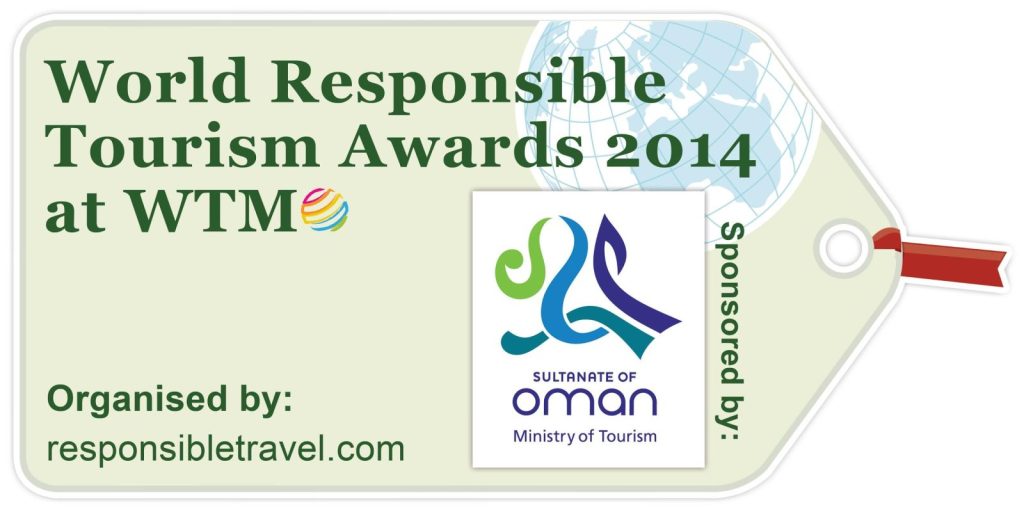
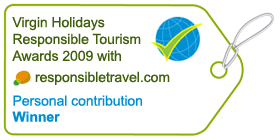
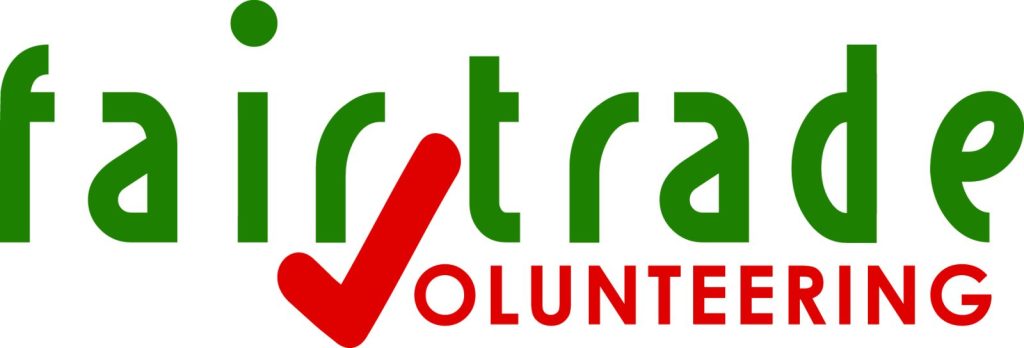
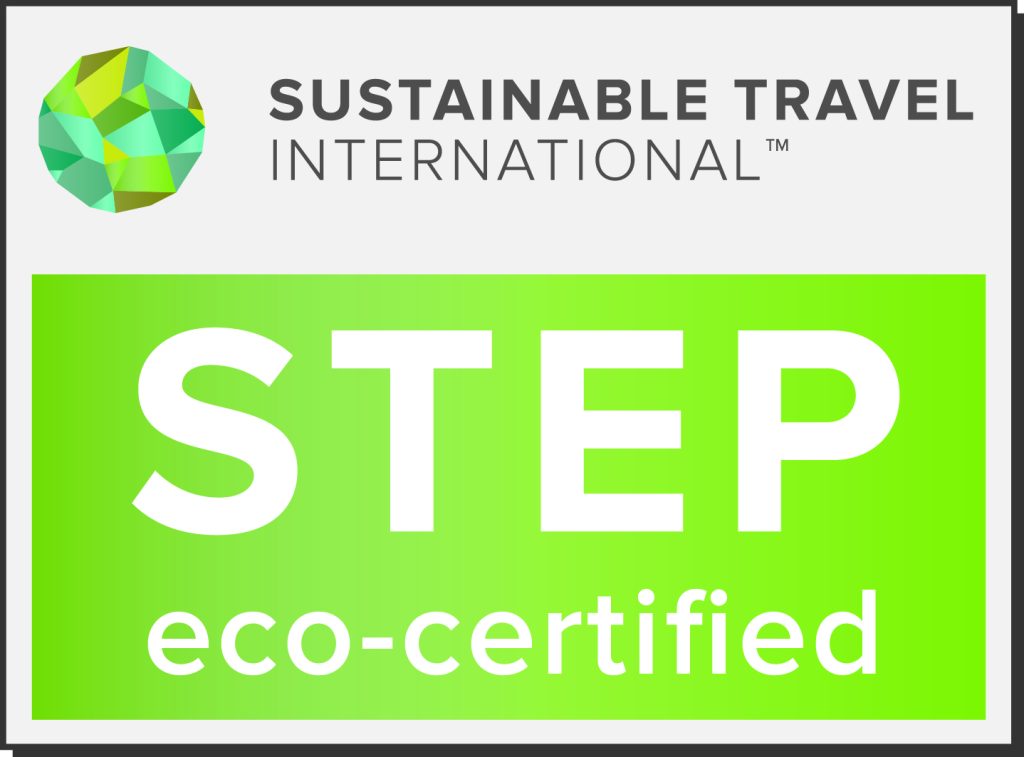
Book Your Adventure of a Lifetime Now
Discover our trips to other Countries
Adventure Alternative Articles
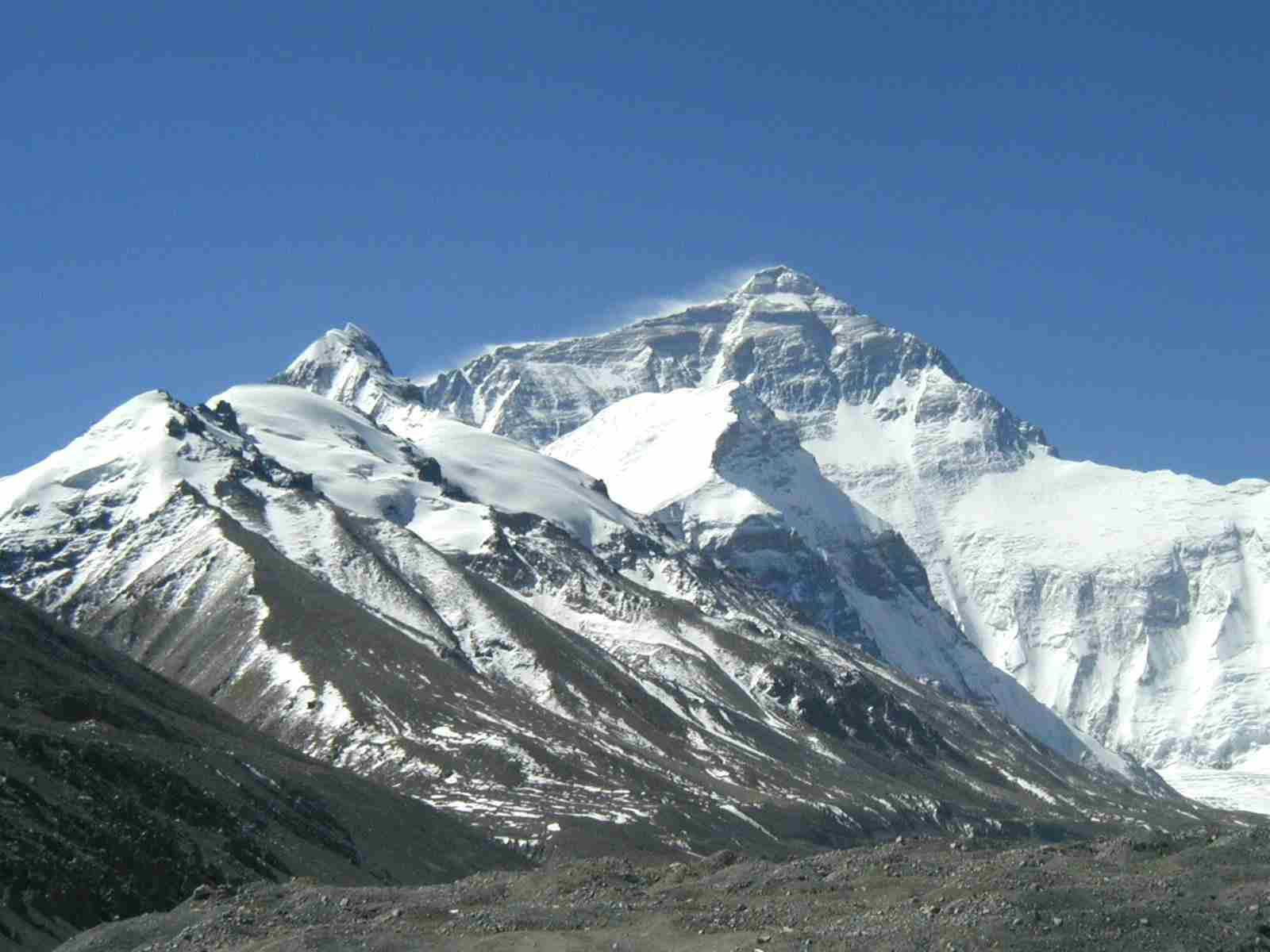
12 MONTHS, 12 MOUNTAINS
Climbing Calendar Ready for World Mountain Day In celebration of World Mountain Day, we've created a calendar for the year to make it easy for...
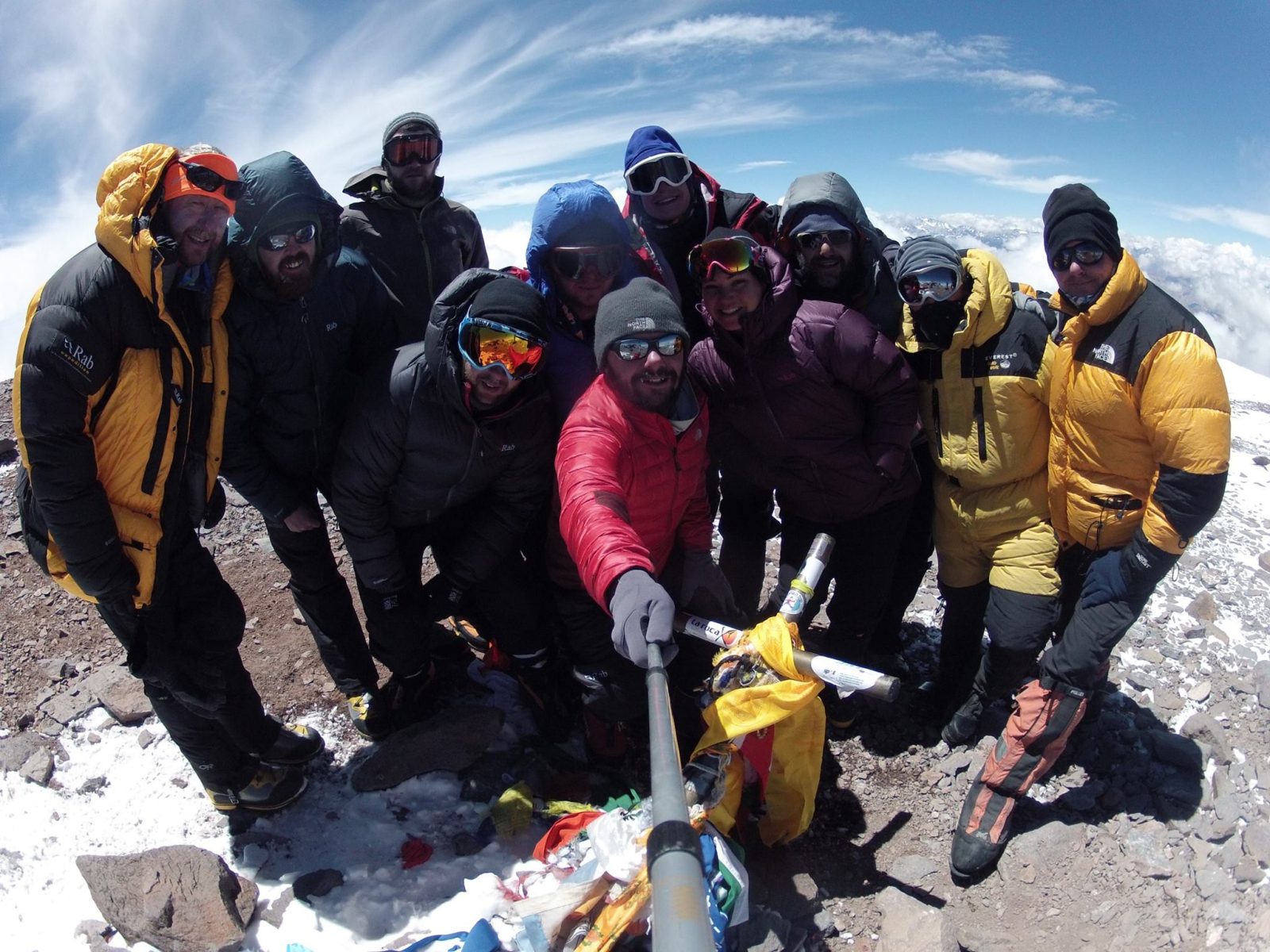
Mount Aconcagua Trip Review
January 2016 This year we had a team of twelve clients from four different countries – Iran, Ireland, England, South Africa and Argentina –...
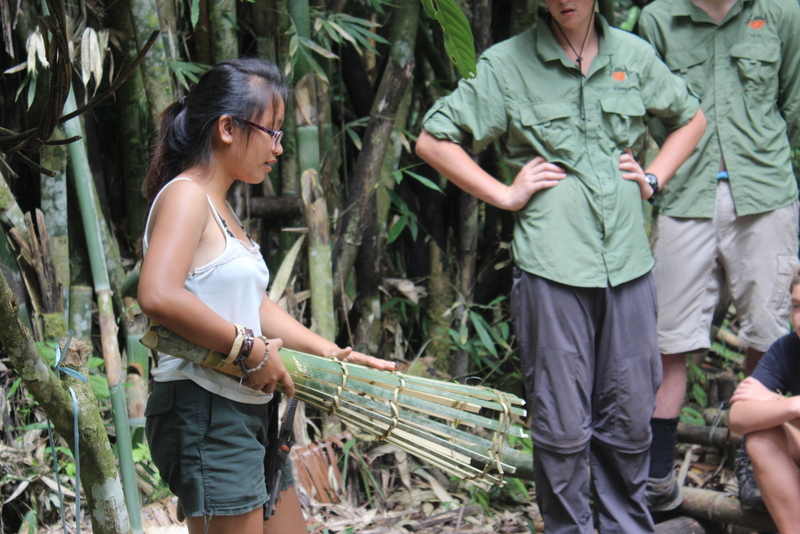
Alcey’s Survival Skills Course at Lupa Masa Jungle Camp
SURVIVAL SKILLS COURSE AT LUPA MASA JUNGLE CAMP | ADVENTURE ALTERNATIVE In celebration of International Rural Women’s Day, we’re talking...